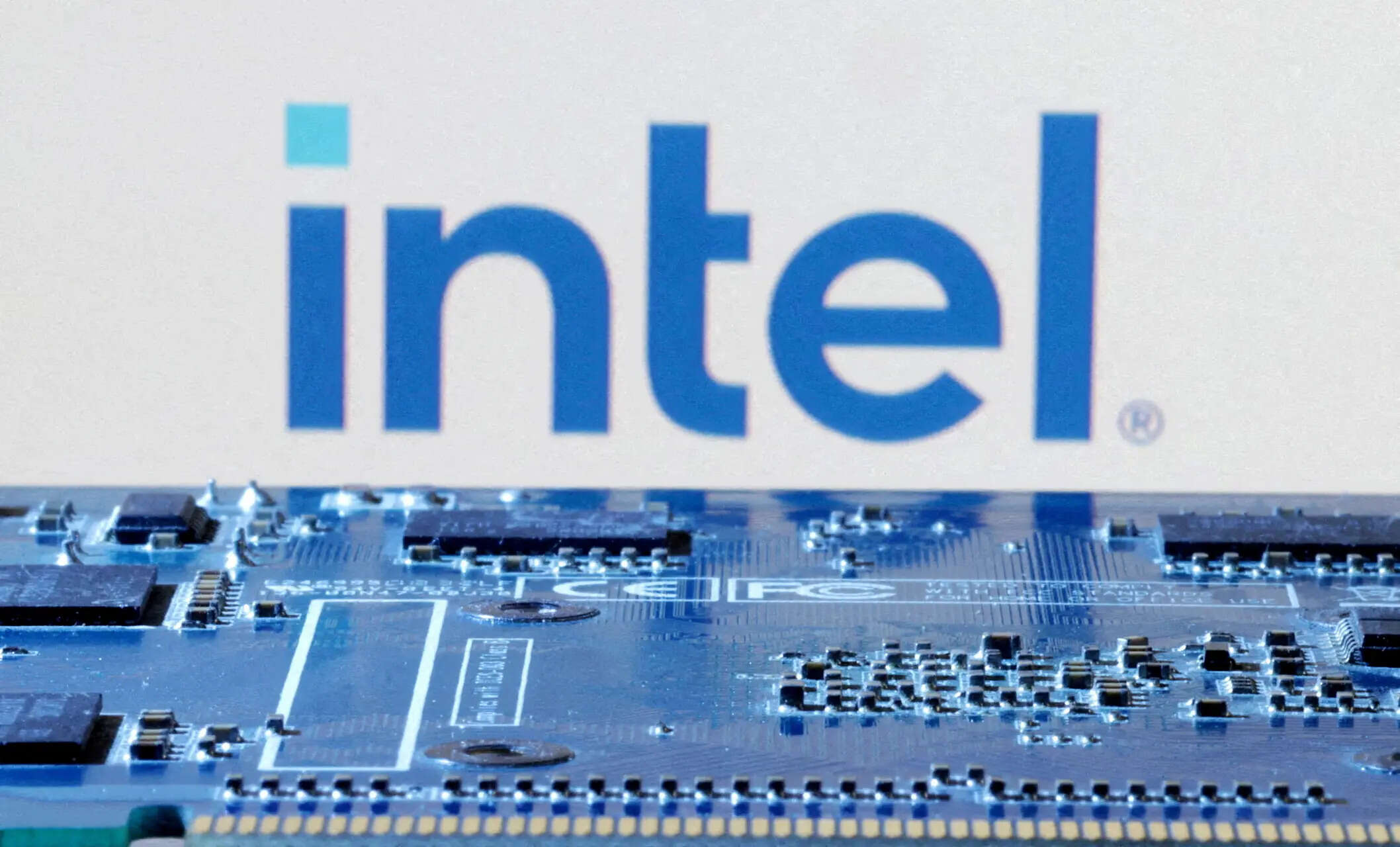Intel has limited customer commitments for its latest chip manufacturing technology, according to the company’s Chief Financial Officer (CFO). This statement suggests potential challenges in securing widespread adoption of Intel’s most advanced manufacturing processes.
Potential Implications
The limited commitments could have several implications for Intel:
- Slower revenue growth: Fewer customer commitments may translate to lower initial revenue from the new technology.
- Higher costs: Underutilized manufacturing capacity can lead to increased per-unit costs.
- Competitive pressure: If competitors have stronger adoption rates for their advanced manufacturing processes, Intel could face increased competitive pressure.
Factors Contributing to Limited Commitments
Several factors could be contributing to the limited customer commitments:
- Cost of adoption: The cost of adopting leading-edge chip manufacturing technology can be substantial for customers.
- Design complexity: The complexity of designing chips for advanced manufacturing processes can be a barrier for some customers.
- Alternative options: Customers may have alternative options for chip manufacturing from other foundries.
Looking Ahead
It remains to be seen how Intel will address this situation. Strategies could include:
- Incentivizing adoption: Offering incentives to customers to adopt the new technology.
- Improving design support: Providing better design support to help customers design chips for the advanced manufacturing process.
- Focusing on internal product development: Utilizing the manufacturing capacity for Intel’s own products.
The situation highlights the challenges involved in staying at the forefront of chip manufacturing technology and the importance of securing strong customer commitments.

























Leave a Reply